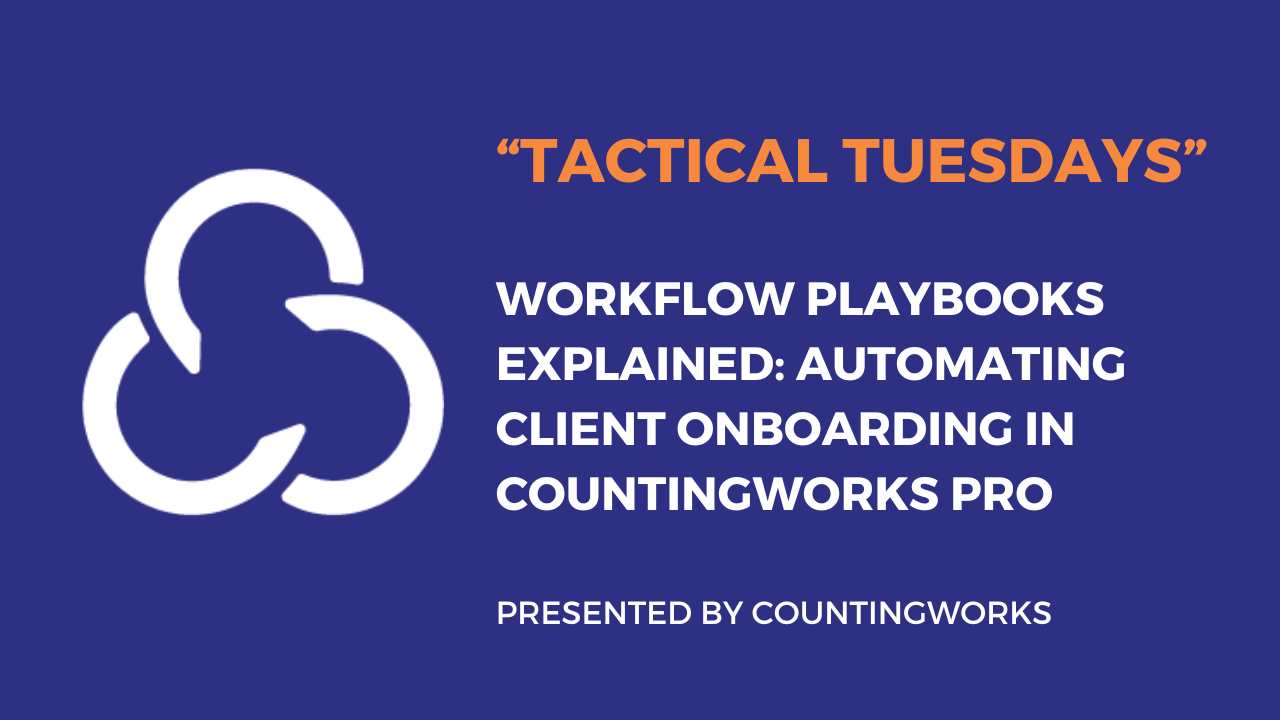
Mobile computing, geo tracking, and tablet devices have transformed the way consumers and clients seek out information. If your website is not responsive, it is missing more than 75% of Web traffic.
A responsive website design provides your visitors with a consistent look throughout multiple devices. Unlike the mobile versions of websites, responsive sites continue to utilize your branding and navigation. More importantly, responsive sites provide visitors with access to the same information, regardless of the device they are using. I recently spent hours spot-checking accounting websites across the country. I would say that 90% of them were not responsive, featured dated content, or at best were not projecting the greatest image possible to prospects or current clients.
So, in an age where technology is becoming a bigger competitor, why do some CPA and tax accounting firms continue to manage their marketing presence as status quo?
Perhaps it is because they do not understand how modern accountant marketing works or even how younger generations use technology as an integral part of the decision-making process. Step one after tax season is to identify areas to change that have a dramatic effect on both your profits and growth prospects.
There are four main issues I would look for in building my new accounting website.
Responsiveness. With responsive website design, your URL doesn't change and you don't limit mobile users to a lesser version of your site's information and functionality.
Educational Content. Google rewards fresh and popular content. More importantly, keeping clients up to date is part of your job. It builds tighter relationships and generates more word-of-mouth referrals.
Marketing Automation. To say you are too busy is an understatement. If you can utilize technology that helps you automate process, you will free up time, increase productivity and stay more content with your message. Automate processes like your newsletter, lead generation follow-up, social media posting, tax appointment reminders, and much more.
Social Web Integration. The social Web is how people and ideas quickly spread across the world. Getting more followers on Facebook or reviews on Yelp will have a direct effect on your brand ranking. Consumers and clients use these pulses to identify with whom they work and to whom they refer others. Not having a presence or ignoring the social Web is a direct handicap to your success.
So, why after tax season? It takes at least 90 days to really see the positive effects of a new website launch and up to one year to establish yourself as a thought leader. You need to get re-indexed by Google, as well as attract new inbound links and more social followers. All of these elements combined will start increasing your brand exposure and help you start attracting more leads. As you continue to post new content, your online reputation and rankings will increase.
It is time to join the 10% who are taking advantage of new responsive technology. They are your top competitors, and they might be the reason your future growth may be in jeopardy.













.svg)